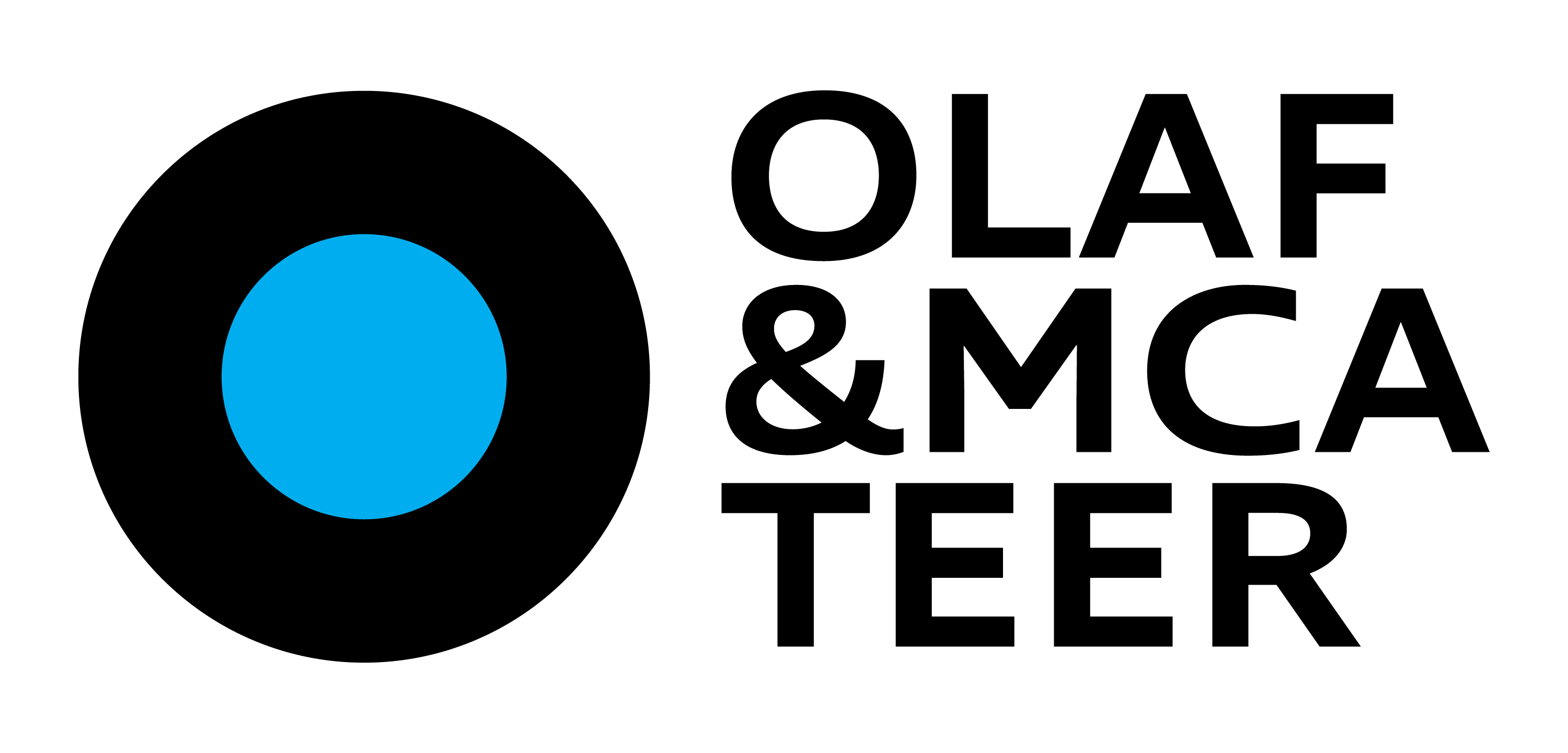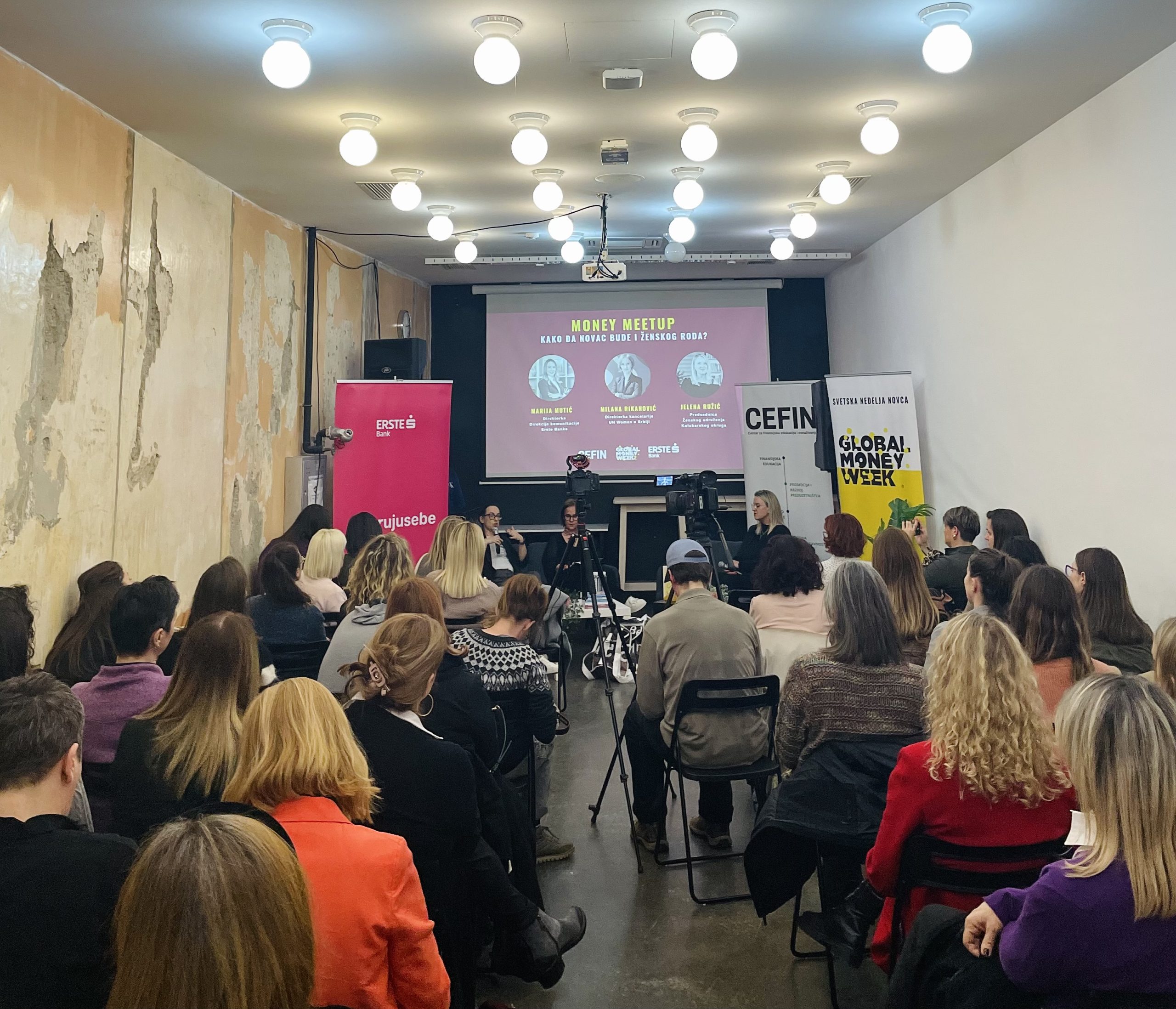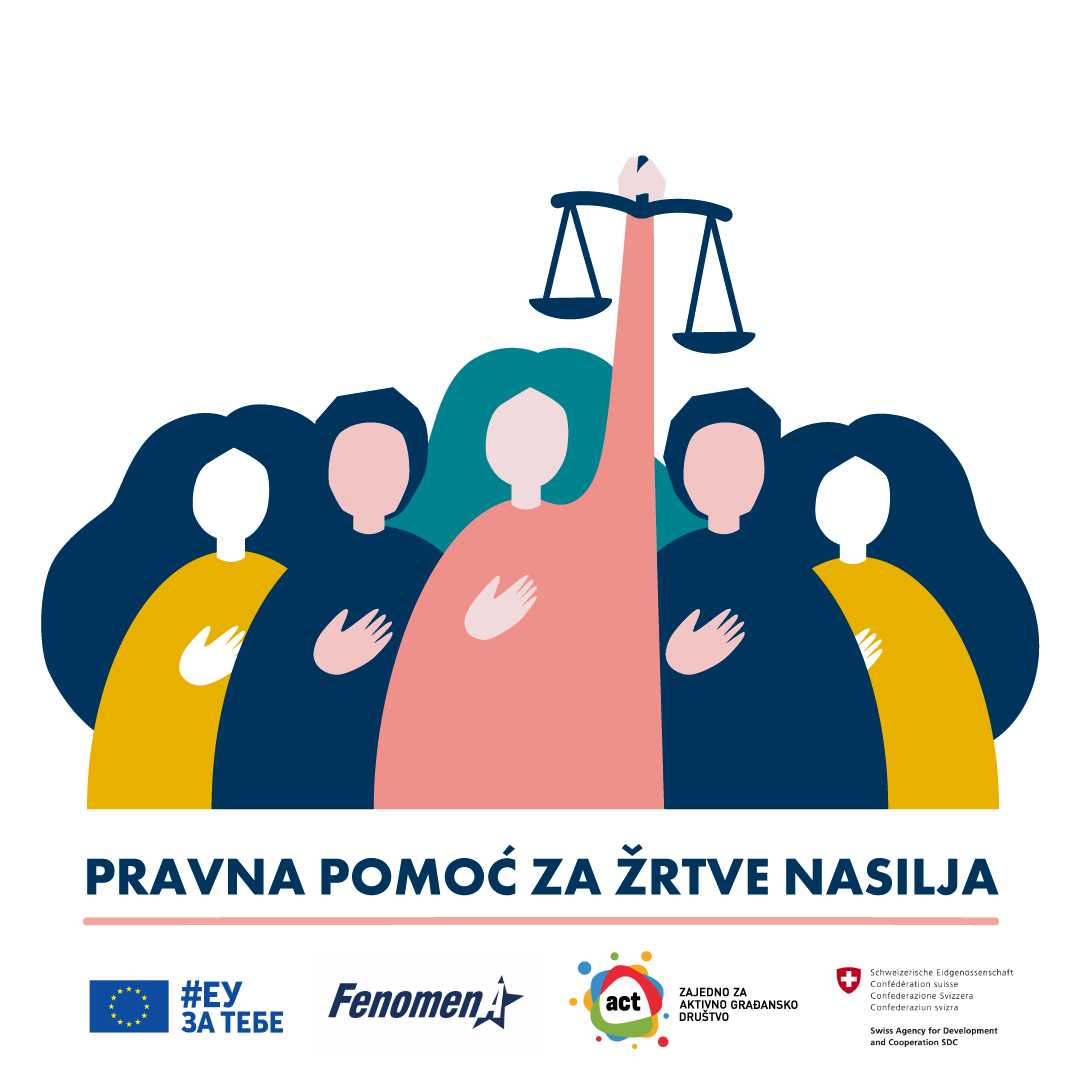
A new report reveals urgent needs for legal reforms and support for victims of violence
Organizations Fenomena and Femplatz, with the support of the European Union, have submitted the latest shadow report to the GREVIO commission, an independent expert body monitoring the implementation of the Council of Europe Convention on Preventing and Combating Violence Against Women and Domestic Violence (Istanbul Convention). The report has been published on the Council of Europe’s website. This report is part of the regular monitoring process of the implementation of the Istanbul Convention, which Serbia ratified in 2013 and integrated into its national legislation in 2017.
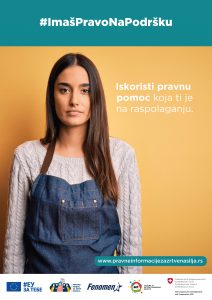
Fenomena’s contribution focuses on Article 22 of the Istanbul Convention, which pertains to specialized support services, including free legal aid (FLA). The analysis has shown that Serbia still lacks adequate legal or other measures to provide specialized legal counselling services for all women who are victims of any form of violence, as well as for their children, following the requirements of this article of the Convention.
Specialized organizations registered for free legal services in the Ministry of Justice’s registry meet the requirements only for free legal support. This means they can provide legal information and assist women in filling out requests and forms. However, the Law on Free Legal Aid does not allow them to reimburse costs from the budget for these already limited activities. This deprives victims of violence of specialized services and jeopardizes the sustainability of specialized legal services. This deficiency also represents a significant obstacle to providing effective support to victims and highlights the need to improve the existing system.
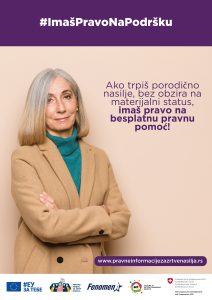
The research results from the Fenomena association further indicate serious shortcomings in the functioning of the new free legal aid system, with 80% of organizations working with women affected by violence reporting significant obstacles, while 20% were unable to take a clear stance.
The research also reveals that women who have survived gender-based violence face numerous challenges in accessing legal support, endangering their safety and right to protection. The system is limited to victims of domestic violence, while women who have experienced other forms of violence—such as sexual, psychological, or economic violence, as well as those who have survived stalking or forced marriages—are often excluded. Even victims of domestic violence, especially those who are employed, frequently do not receive adequate assistance.
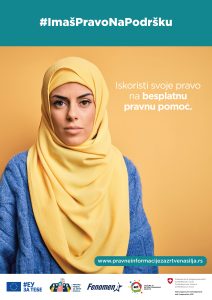
“Shadow reports are extremely important because they provide us with concrete recommendations for overcoming challenges. First and foremost, these include amendments to the Law on Free Legal Aid, as well as accompanying bylaws. It is necessary to grant women’s organizations equal status in providing free legal aid so that they can support victims of gender-based violence under the same conditions as other providers. Additionally, all forms of gender-based violence—psychological, sexual, economic violence, stalking, and forced marriages—should be equated with domestic violence to ensure legal aid is accessible to all victims, regardless of their financial status,” stated Aneta Dukić from the Fenomena association.
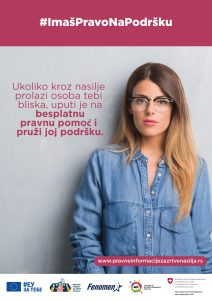
The shadow report is one of the activities within the annual work plan of the Fenomena Association, supported by the European Union in Serbia. The report was produced with the assistance of the European Union. The content of the report is the sole responsibility of the Fenomena Association and does not necessarily reflect the views of the European Union.
Related posts
Money Meetup: Women and money – How to achieve greater financial security?
Experts and entrepreneurs discuss economic challenges and women’s empowerment
Results of AmCham’s work presented and new Board members elected
Ana Drašković and Igor Lončarević join AmCham Board of Governors.
Over 36 million cyber attacks prevented and 160,000 visits to the #BoljiOnline platform
A1 Serbia marks safer Internet Day
